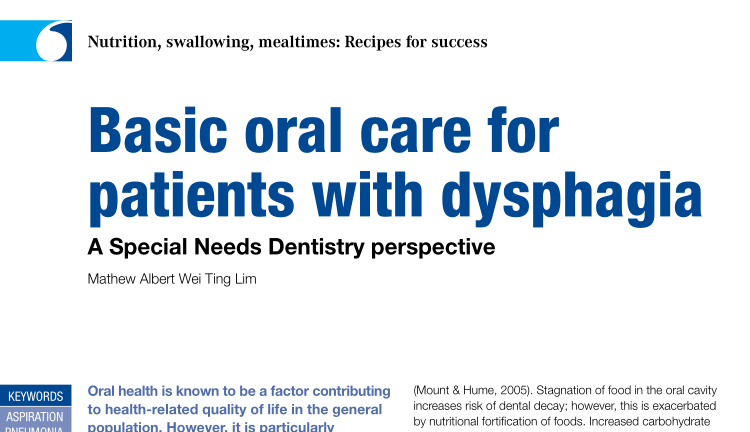Obesity has emerged as a global health crisis, with its prevalence increasing at an alarming rate. Defined as an excessive accumulation of body fat that poses a risk to health. Obesity has association with numerous systemic diseases, like diabetes, cardiovascular disorders, and musculoskeletal problems. A sedentary lifestyle commonly associates with obesity. Physical inactivity is also linked to reduced circulation, which impairs the body ability to fight off infections, including those in the oral cavity.
The interplay between obesity and oral health is complex and bidirectional, with each condition influencing the other in significant ways. While obesity predisposes individuals to various oral health problems, poor oral health can also impact dietary choices and general well-being, creating a vicious cycle. However, its impact on oral health, though less frequently discussed, is equally significant.
Impact on Oral Health
- Gum Disease: Obesity is a well-documented risk factor for gum diseases that can increase your risk of gum disease. When you’re obese, your body is constantly in a state of mild inflammation. The inflammation releases chemicals called cytokines (like IL-6 and TNF-α) that can make gum inflammation worse. It damages the tissues that support your teeth, leading to conditions like gingivitis (gum bleeding and swelling) and periodontitis (more serious gum disease that can cause bone loss). Studies show that individuals with higher body mass indices (BMIs) are more likely to suffer from severe periodontal disease.
- Tooth Decay: Obesity and tooth decay share common behavioral risk factors, such as excessive sugar consumption and poor dietary habits. Individuals with obesity often have diets rich in carbohydrates, which feed oral bacteria. These bacteria produce acids that remove minerals from tooth enamel and increase the risk of cavities. Moreover, the consumption of sugary beverages and frequent snacking exacerbate this problem.
- Xerostomia (Dry Mouth): Obesity is frequently associated with conditions like diabetes and the use of medications that can cause xerostomia. Dry mouth reduces saliva production, which is vital for neutralizing acids, remineralizing teeth, and washing away food stagnant particles. Consequently, individuals with xerostomia are more prone to tooth decay and oral infections.
- Oral Cancer: Though less direct, obesity association with certain cancers extends to the oral cavity. Obesity-related metabolic changes, including insulin resistance and chronic inflammation, may contribute to an increased risk of oral and throat cancers.
Therefore, to stay healthy, it is essential to eat well, exercise regularly and practice good oral hygiene.
Read our full disclaimer.




